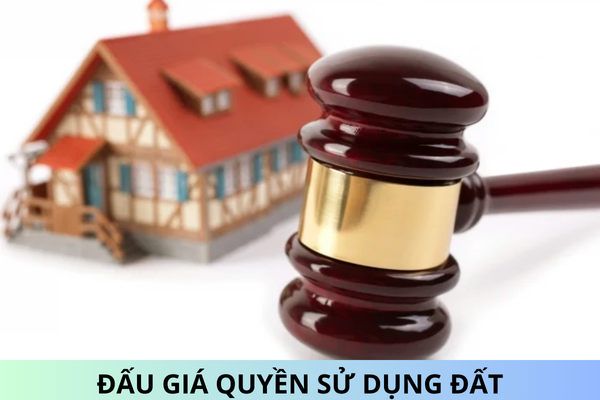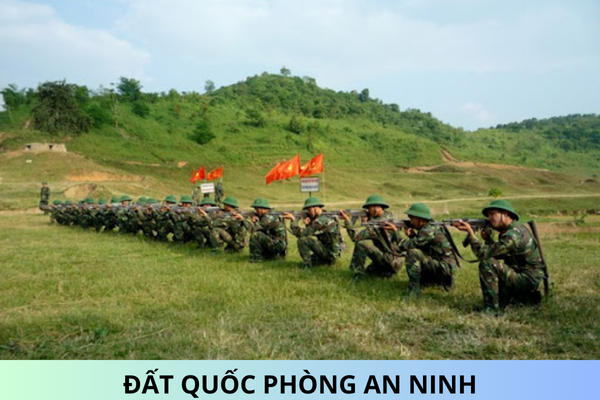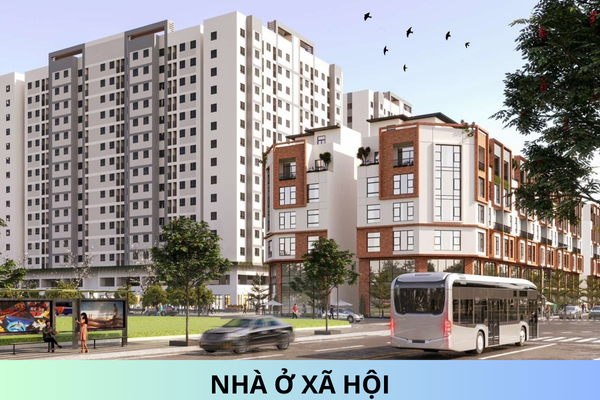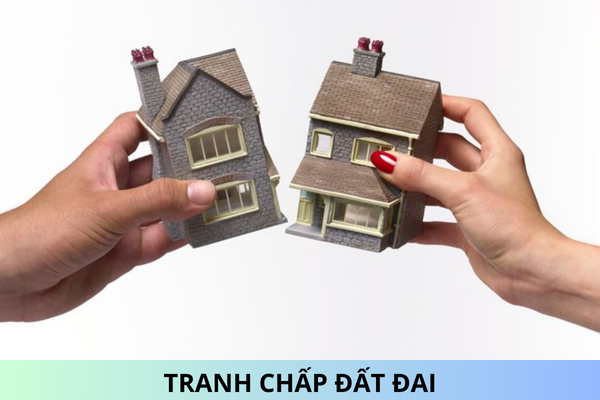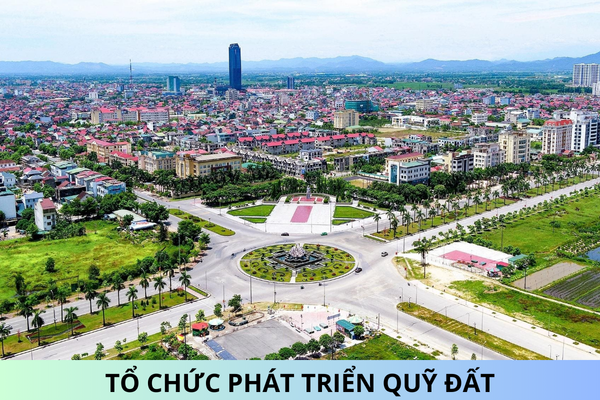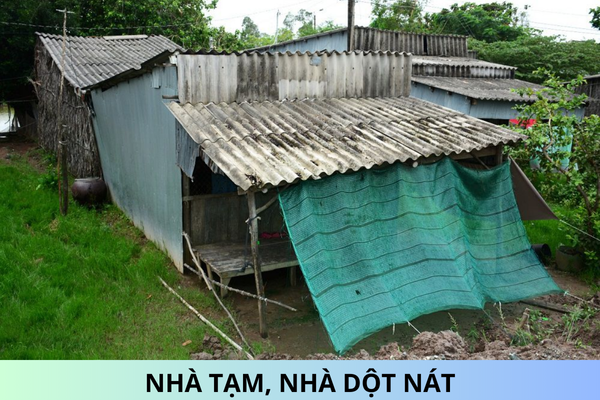What is a Land Use Right Transfer Contract?
1. Land Use Rights Transfer Contract
Previously, Article 693 of the 2005 Civil Code stipulated as follows:
A land use rights transfer contract is an agreement between the parties, whereby the parties transfer land and transfer land use rights to each other in accordance with this Code and land law.
It can be understood that transferring land use rights is when the land user transfers land and land use rights to another user in exchange for a specific area of land, both parties act as transferor and transferee simultaneously. If there is a difference in the value of the land use rights, the parties must pay each other the difference according to the agreement.
Furthermore, according to Clause 10, Article 3 of the 2013 Land Law, land use rights transfer includes the transfer of land use rights from one person to another through forms such as exchange, transfer, inheritance, donation, and contribution of capital with land use rights.
2. Content of the Land Use Rights Transfer Contract
According to Clause 3, Article 167 of the 2013 Land Law regarding the rights to exchange, transfer, lease, sublease, inherit, donate, mortgage, and contribute capital with land use rights, it stipulates:
The notarization and certification of contracts and documents exercising land user's rights are conducted as follows:
- Contracts for transfer, donation, mortgage, and capital contribution with land use rights, land use rights, and properties attached to the land must be notarized or certified, except in cases of real estate business as stipulated at point b of this clause;
- Contracts for leasing, subleasing land use rights, land use rights, and properties attached to the land, agricultural land use rights transfer; contracts for transfer of land use rights, land use rights and properties attached to the land, properties attached to the land where one party or parties participating in the transaction are real estate business organizations, are notarized or certified upon the parties' request;
- Documents on the inheritance of land use rights, land use rights and properties attached to the land must be notarized or certified in accordance with civil law;
- Notarization is conducted at notarial practice organizations, certification is conducted at the communal People's Committees.
Thus, the land use rights transfer contract must be made in writing and can be notarized or certified upon the parties' request.
The content of the land use rights transfer contract includes the following:
- Names and addresses of the parties;
- Rights and obligations of the parties;
- Type of land, grade of land, area, location, number, boundaries, and condition of the land;
- Time of land transfer;
- Land use term of the transferor; remaining land use term of the transferee;
- Difference in the value of land use rights, if any;
- Third-party rights regarding the transferred land;
- Responsibilities of the parties in case of contract violation.
3. Land Use Rights Recipients
- Households and individuals can receive agricultural land use rights through the exchange of land use rights as stipulated in point b of Clause 1, Article 179 of this Law;
- Economic organizations, households, and individuals can receive land use rights through the transfer of land use rights, except as stipulated in Article 191 of this Law; overseas Vietnamese can receive land use rights through the transfer of land use rights in industrial zones, industrial clusters, export processing zones, high technology zones, and economic zones. Foreign-invested enterprises can receive transferred investment capital as the value of land use rights as per Vietnam Government regulations;
- Organizations, households, individuals, and communities can receive land use rights through the donation of land use rights as stipulated in point c of Clause 2, Article 174 and point e of Clause 1, Article 179 of this Law, except as stipulated in Article 191 of this Law;
- Organizations, households, individuals, and communities can receive land use rights through inheritance of land use rights;
- Overseas Vietnamese eligible to own houses in Vietnam as per housing law can receive land use rights for homestead land through purchase, lease-purchase, inheritance, donation of houses attached to homestead land use rights or receive land use rights in housing development projects;
- Economic organizations and joint venture enterprises can receive land use rights through capital contribution with land use rights;
- Organizations, households, individuals, communities, religious establishments, overseas Vietnamese can receive land use rights through land allocation by the State; foreign-invested enterprises receive land use rights through land allocation by the State to implement investment projects for building houses for sale or for sale combined with lease;
- Economic organizations, financially autonomous public non-business units, households, individuals, overseas Vietnamese, foreign-invested enterprises, foreign diplomatic organizations can receive land use rights through leasing land from the State;
- Organizations, households, individuals, communities, religious establishments can receive land use rights through State recognition of land use rights for land being used stably;
- Organizations, households, individuals, overseas Vietnamese, foreign-invested enterprises can receive land use rights through the reconciliation results concerning land disputes recognized by competent People's Committees; agreements in mortgage contracts to handle debts; decisions of competent state agencies on land dispute settlement, complaints, denunciations about land, decisions, or judgments of People's Courts, execution decisions of execution agencies that have been executed; documents recognizing the results of land use rights auction in accordance with law; documents on the division and separation of land use rights in accordance with law for households or groups with joint land use rights;
- Communities, religious establishments can receive land use rights through reconciliation results concerning land disputes recognized by competent People's Committees; decisions of competent state agencies on land dispute settlement, complaints, denunciations about land, decisions, or judgments of People's Courts, execution decisions of execution agencies that have been executed;
- Newly formed legal entities through the division or merger as per decisions of competent agencies and organizations or documents on the division or merger of economic organizations in accordance with the law can receive land use rights from divided or merged legal entities.
Note: Households and individuals can receive transferred land use rights regardless of residence location, except as stipulated in Clauses 3 and 4, Article 191 and Article 192 of the 2013 Land Law.
Respectfully!


